https://doi.org/10.82062/GFL.2025/01.07
Lindsay Preseau (Ames, Iowa), 119-143
2025 Issue 1
Abstract
The past decade has seen a remarkable surge of scholarly work on queer pedagogies in the German language classroom. German instructors and applied linguists alike are increasingly questioning the implicit heteronormativity of our teaching methods and materials and incorporating topics such as gender-just language and LGBTQ+ historical and cultural content into our curricula. At the same time, since 2020, so-called “divisive concepts” legislation on the federal, state, and district levels has begun to limit how US educators can address issues of sexism, sexual orientation, and gender identity and expression in their classrooms. Reporting on survey data from K-12 language teachers in US states with enacted and pending divisive concepts legislation, this article aims to give voice to the specific concerns of language teachers in educational environments that are increasingly hostile for LGBTQ+ and allied teachers and students. Addressing the teaching of transgender and gender-non confirming (TGNC) language, in particular, this article will ultimately (re)contextualize research on queer language pedagogies to outline specific evidence-based best practices that instructors of German can use to support their students while adhering to such “divisive concepts” legislation.
